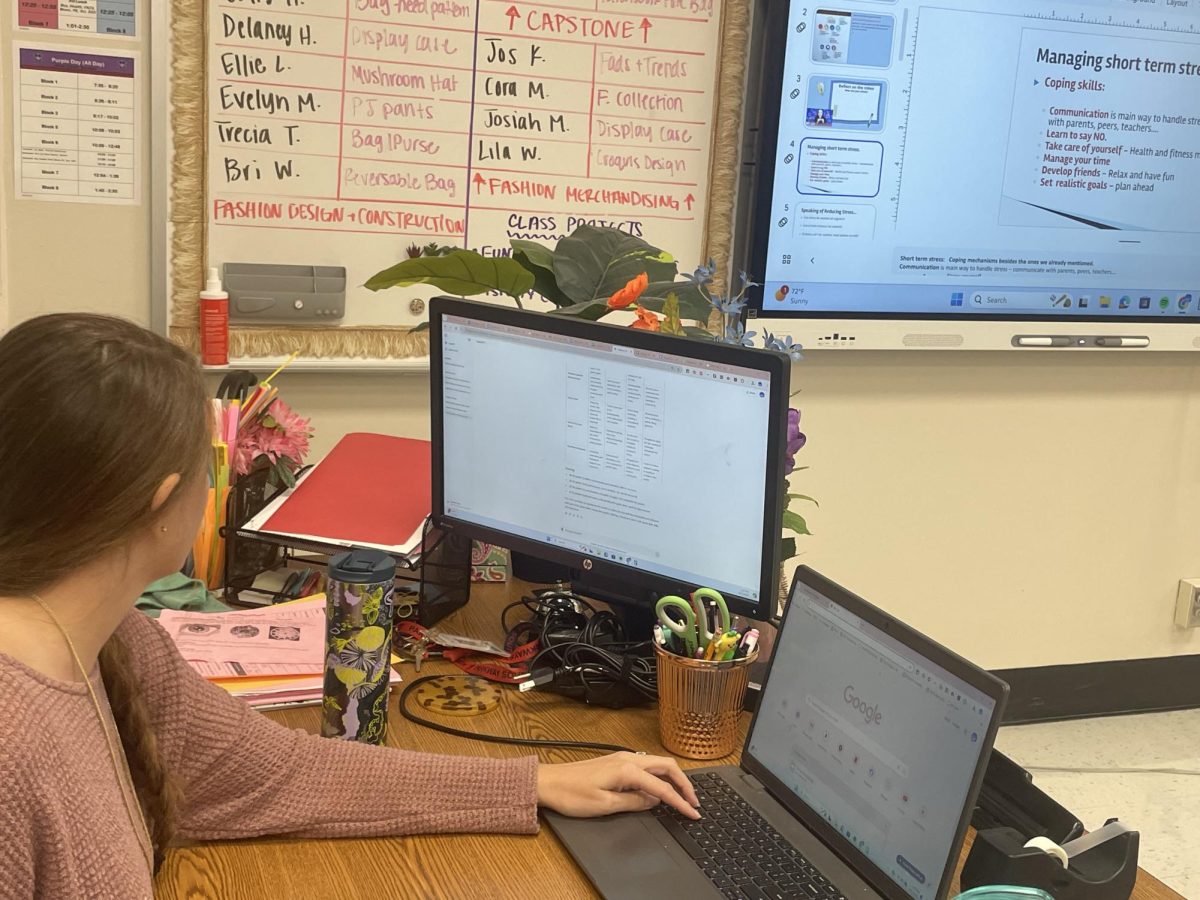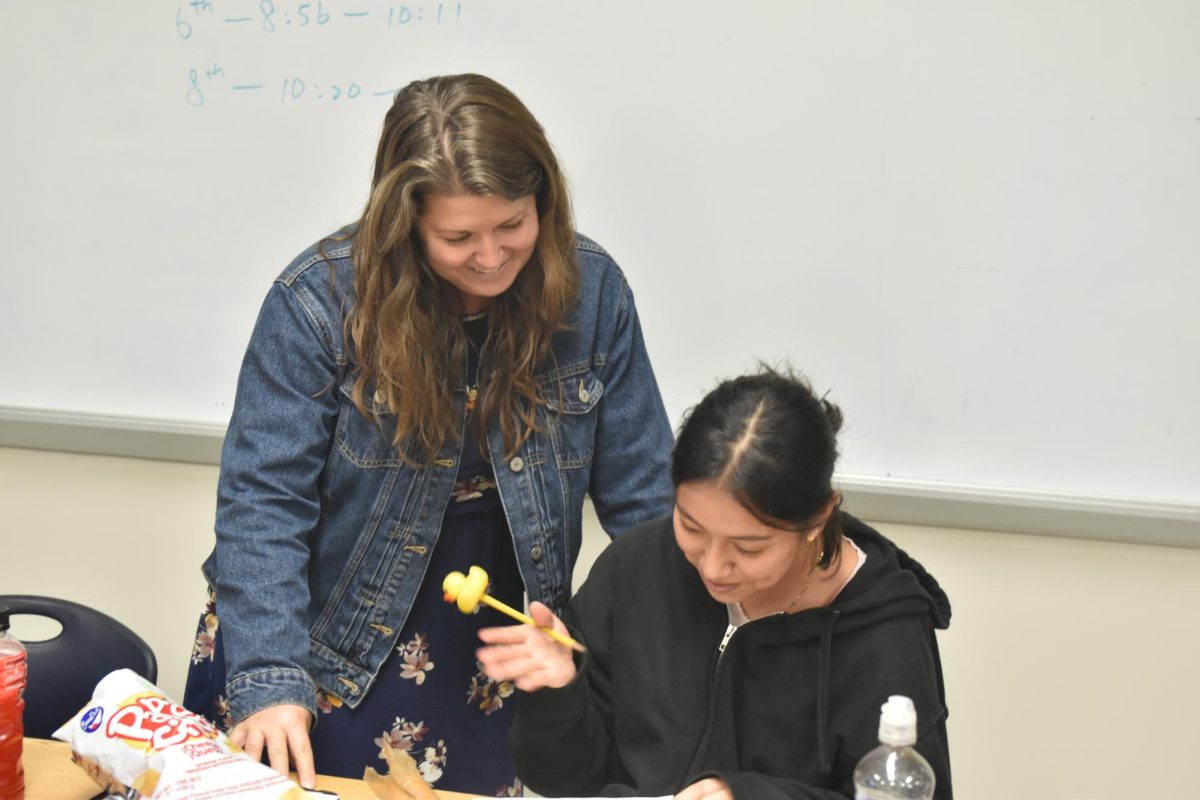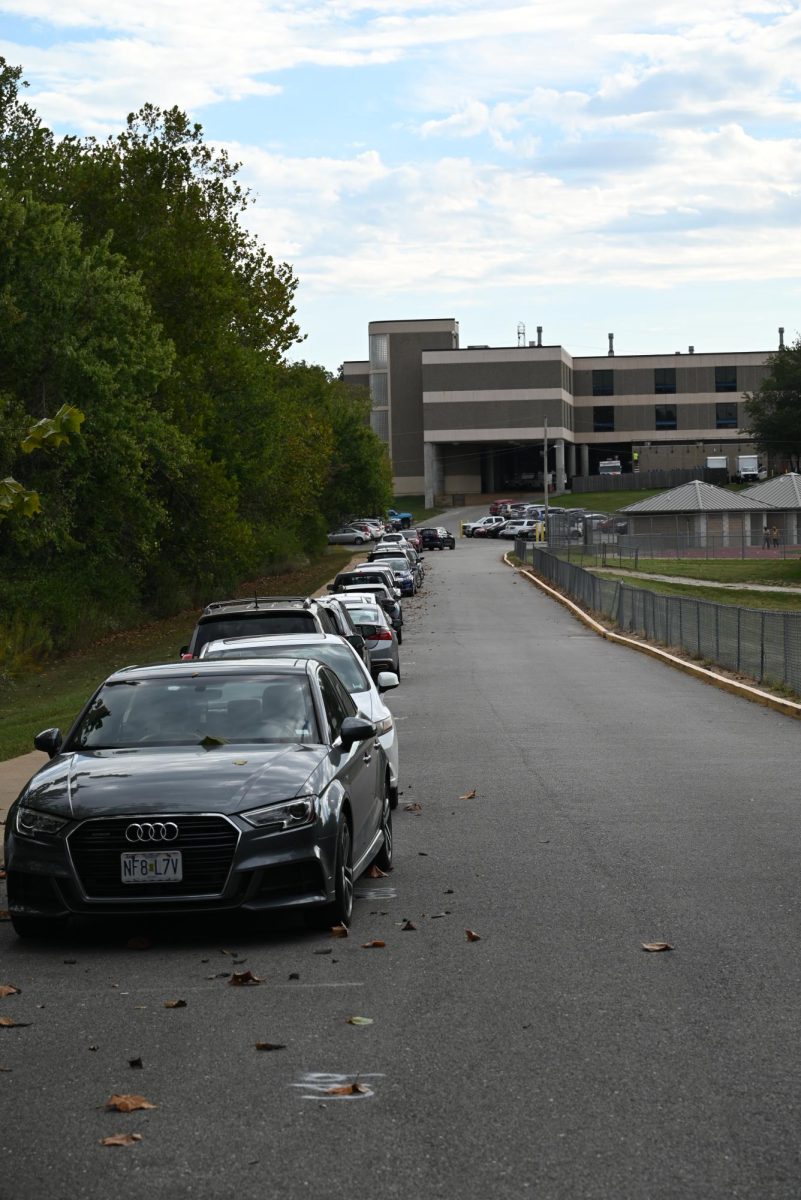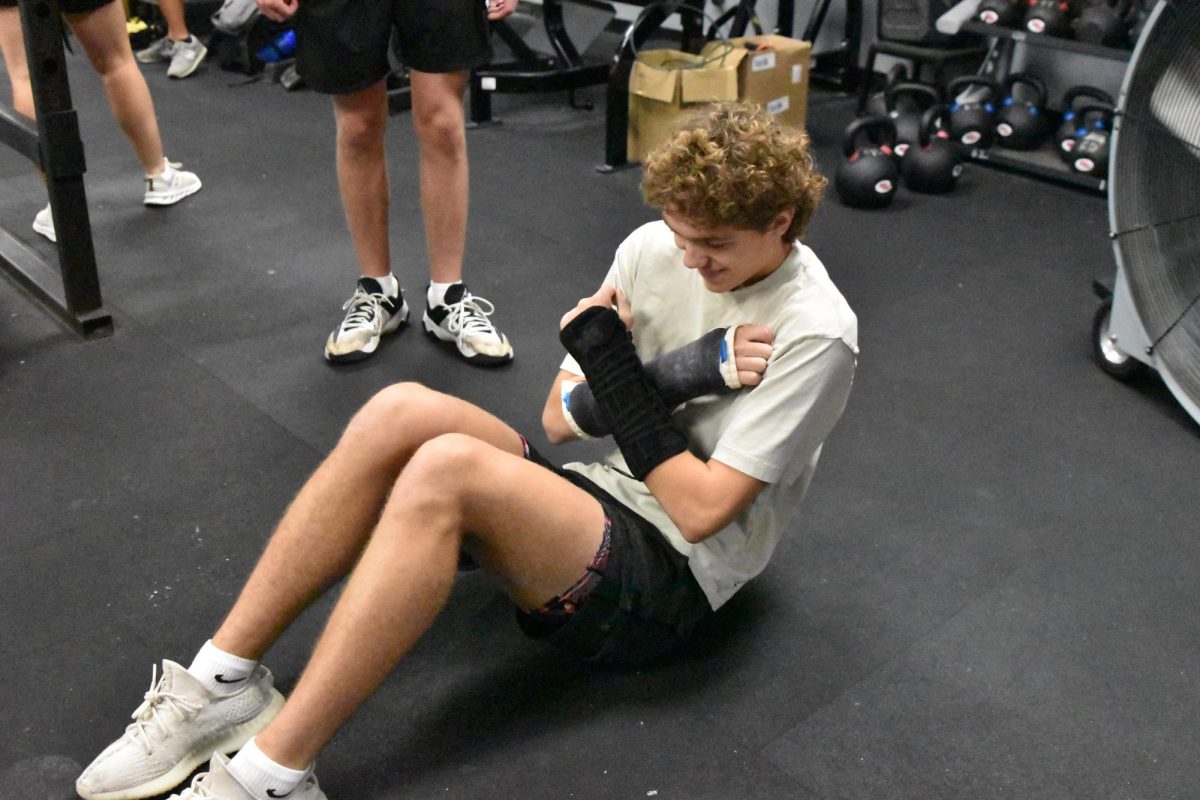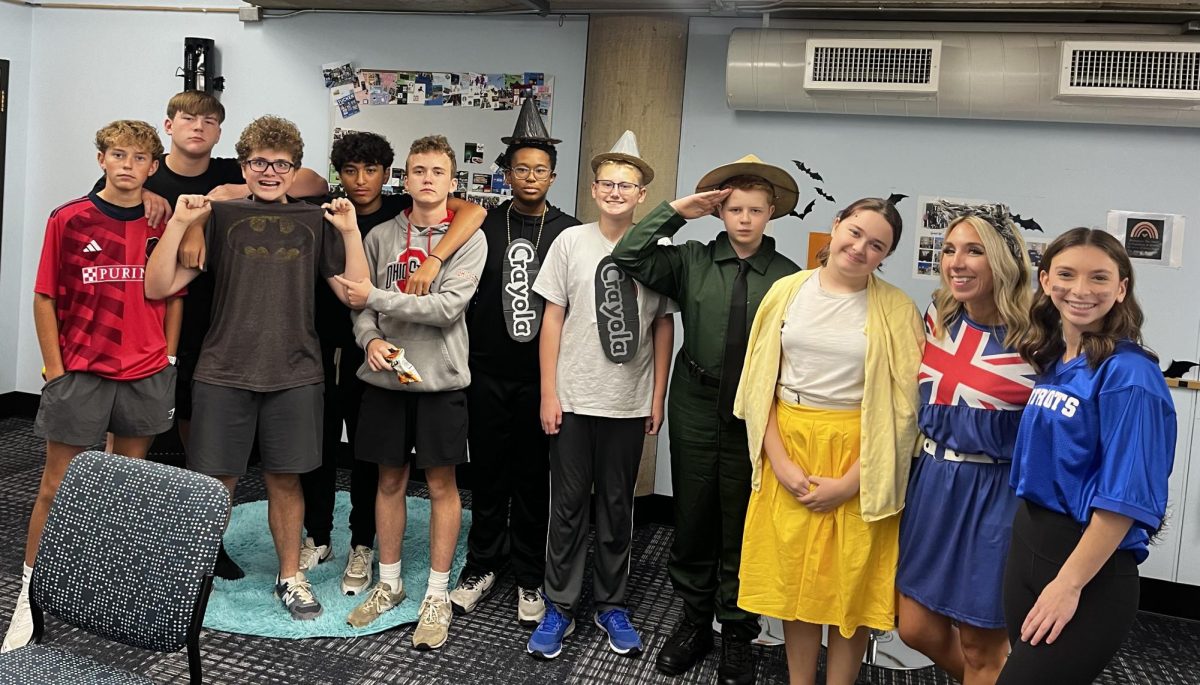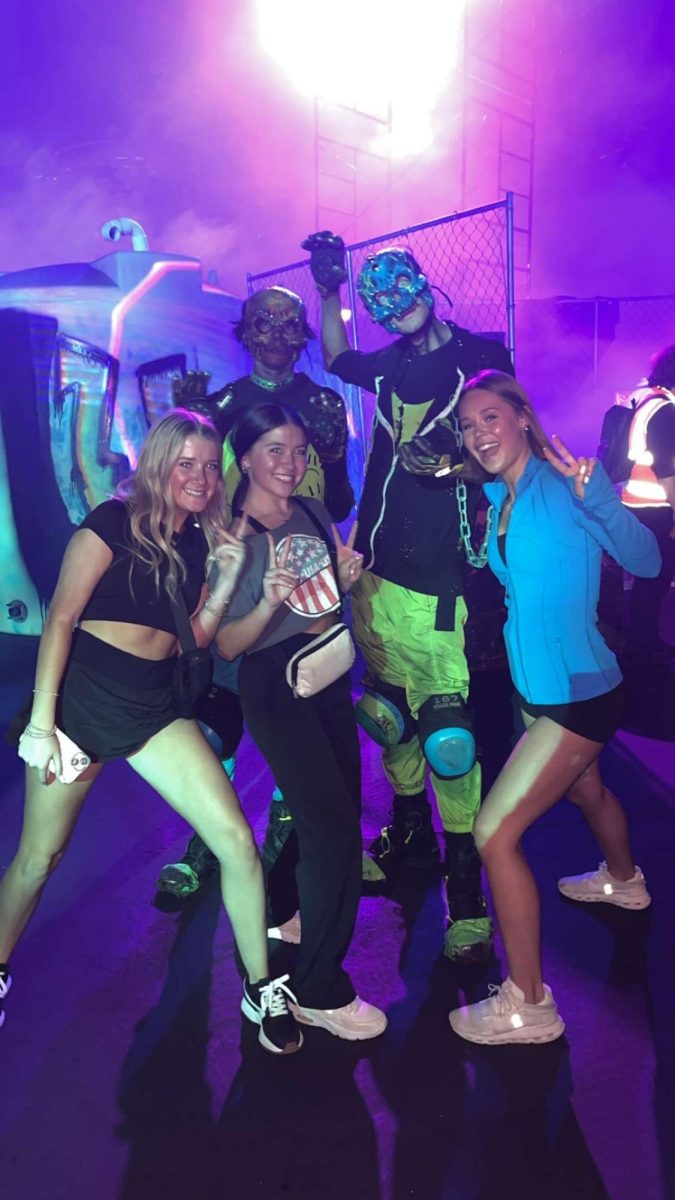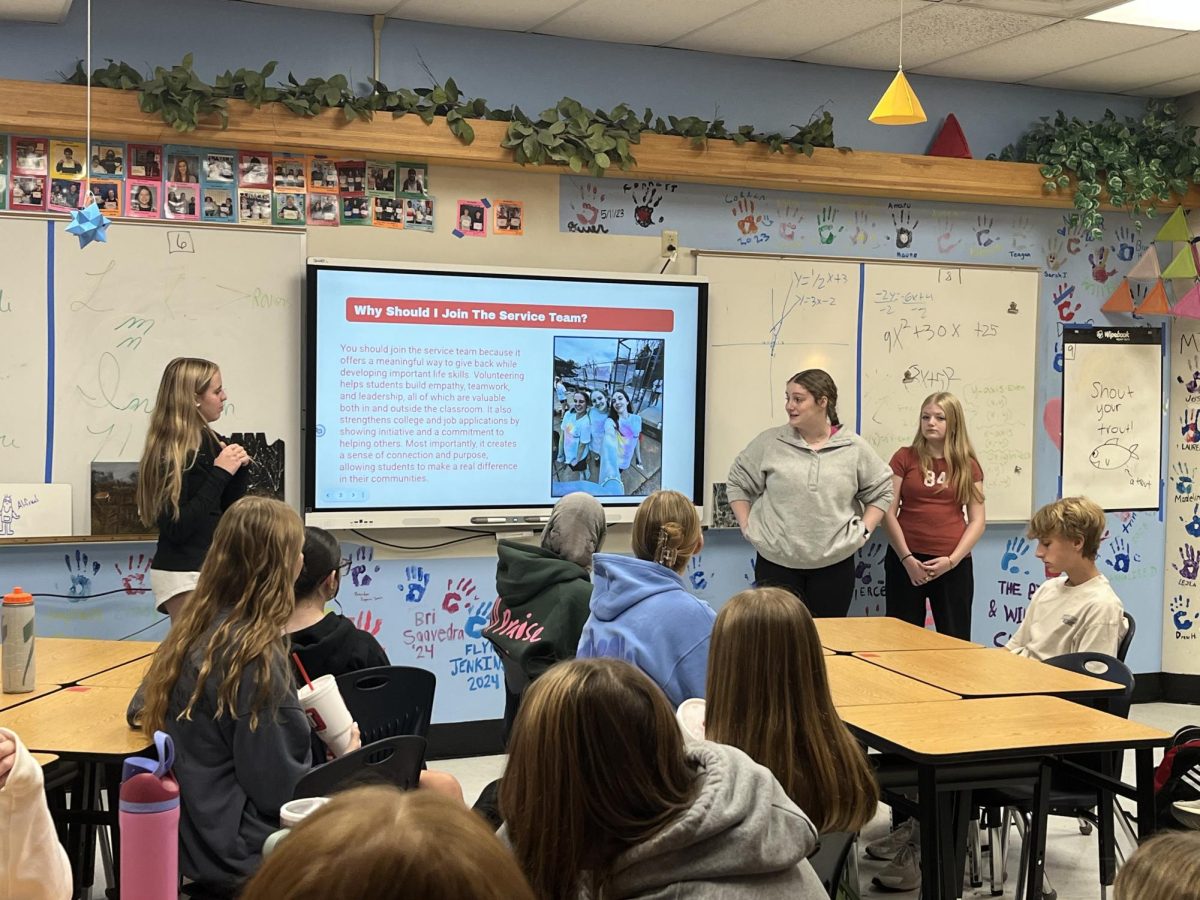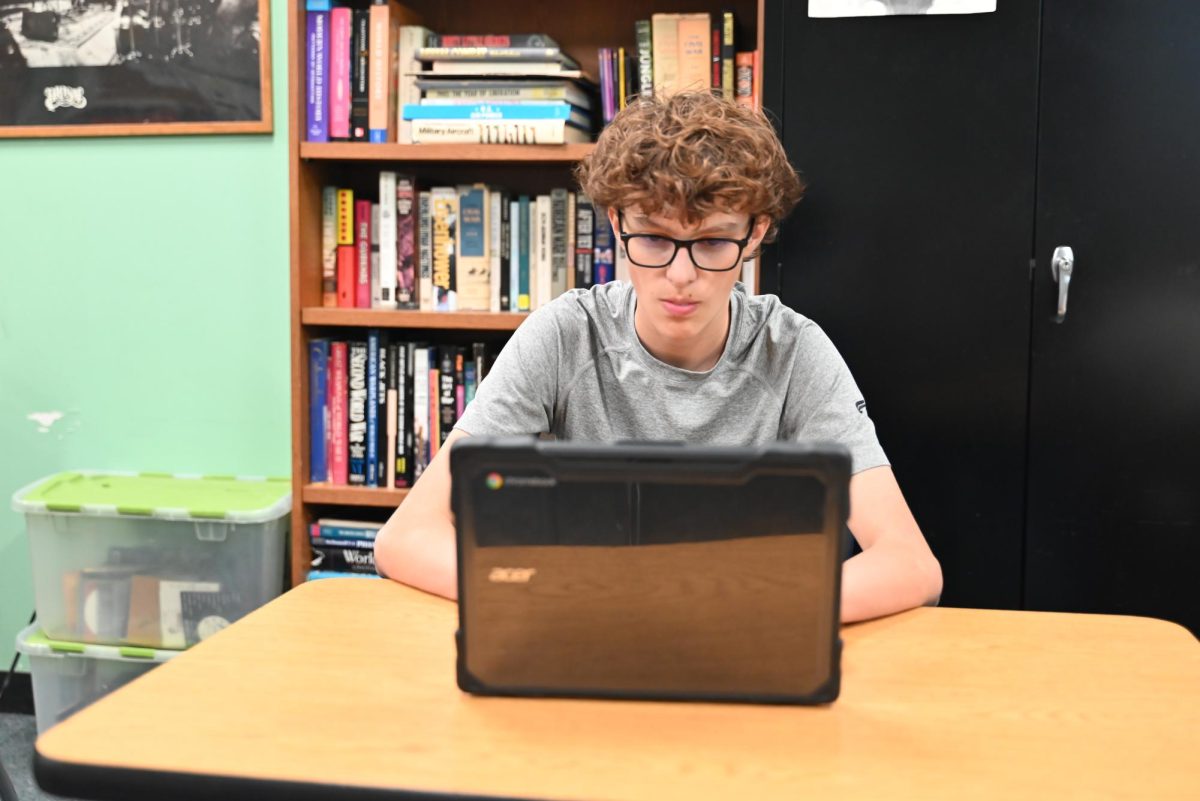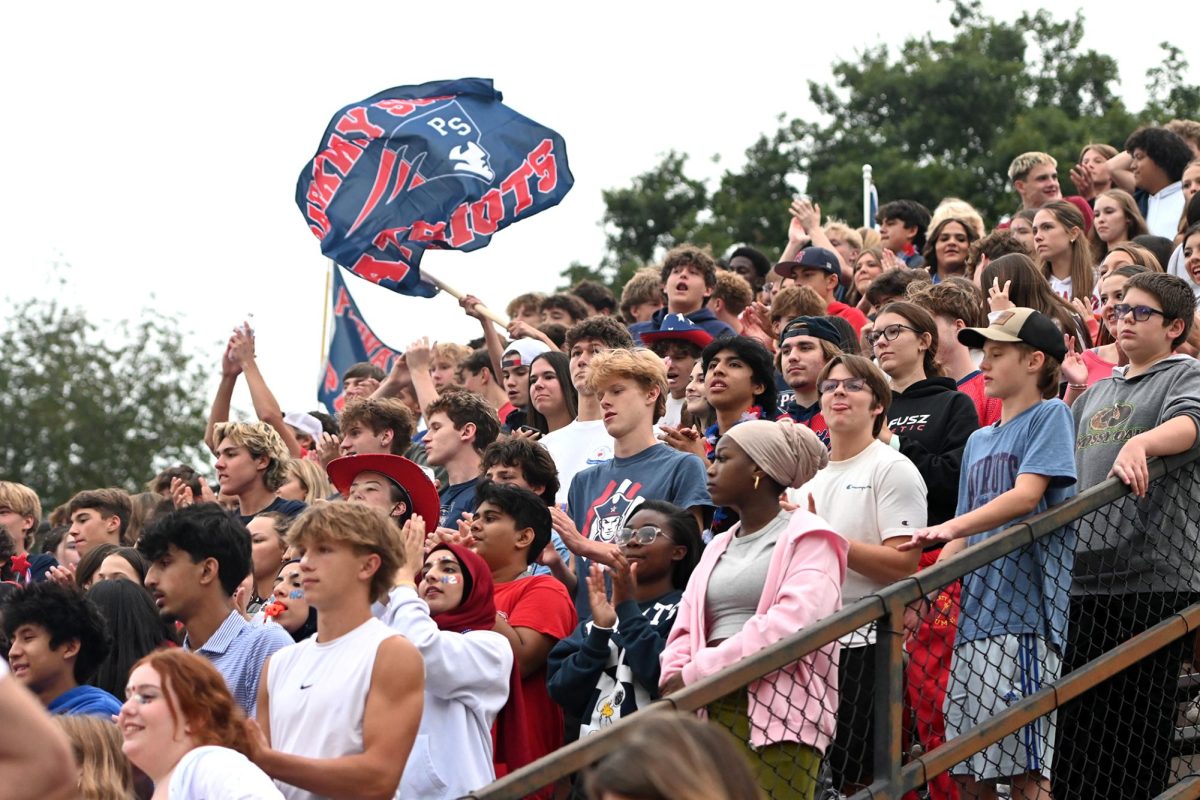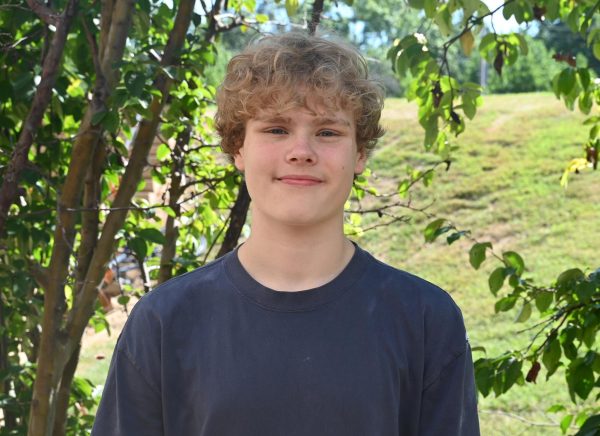AI is increasingly shaping our world. But how do teachers feel about it in their classrooms? Are they ready to embrace it, or do they think it’s a threat to our education?
As AI has developed over the years since ChatGPT came out in 2022, it has been a problem for schools. Research in 2023 from Study.com reported that 48% of students admitted to using ChatGPT for an at-home test or quiz, 53% had it write an essay, and 22% had it write an outline for a paper.
Schools are doing what they can to stop cheating and misuse of AI, such as what Parkway South is doing with Turnitin.com and GPTzero. Teachers also have different attitudes and perspectives about how AI will affect education.
Teachers at South High have quickly noticed that students are turning in work that seems too polished or has the same style of writing as other students. Science teacher Dave Richardson said there are consequences of using AI that students might not realize.
“If students use it to cheat or have issues, then they aren’t prepared for what the future will hold,” said Richardson.
Once schools caught on, they quickly adapted to it and made policies to prevent AI abuse. The Parkway South student handbook in the AI section, states students should be “transparent about their use of AI in their work.” This means that students should identify any AI-generated content used in their work, and they should explain how it was used.
English teacher Anton Ruiz said he currently does not tolerate AI use in his classroom, but he does see some potential for it as a tool, vs. as a skill.
“If I’m going to the gym and I’m going to bench press, I’ve got to do the work — my spotter is just there to catch me,” said Ruiz. “And I think AI should never bench press for us. It’s just there to correct small mistakes and be a spotter.”
AI’s influence has not been uniform across all areas of education. Its impact varies depending on the subject, especially for STEM subjects.
In math, AI could be too tempting to use to solve problems and could prevent students from learning how to solve math problems themselves. Math teacher Colleen House said she sees some value in AI if a student uses it to check a solution if they’re stuck.
“But if you’re using it to do your entire homework assignment, it’s not helpful,” she said.
Ashlee Winslow, a FACS teacher, believes that AI is going to force teachers to change traditional teaching and learning.
“We are going to have to change the way that we teach, whether we like it or not. I do a lot of hands-on projects and problem-based learning. We’re not expecting students to just regurgitate what they’re learning anymore,” she said.
Richardson said he can see that AI could actually be helpful in the education field.
“I think AI could be a key point in helping education overcome its deficiencies,” said Richardson.
Even students think there is a use for AI in classrooms Sophomore Sahar Sajid thinks that schools should start regulating the use of AI.
“I think they should regulate I think it has potential for students, I think if it is limited students will still use it either way,” Sajid said.


